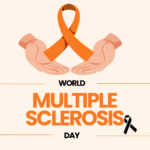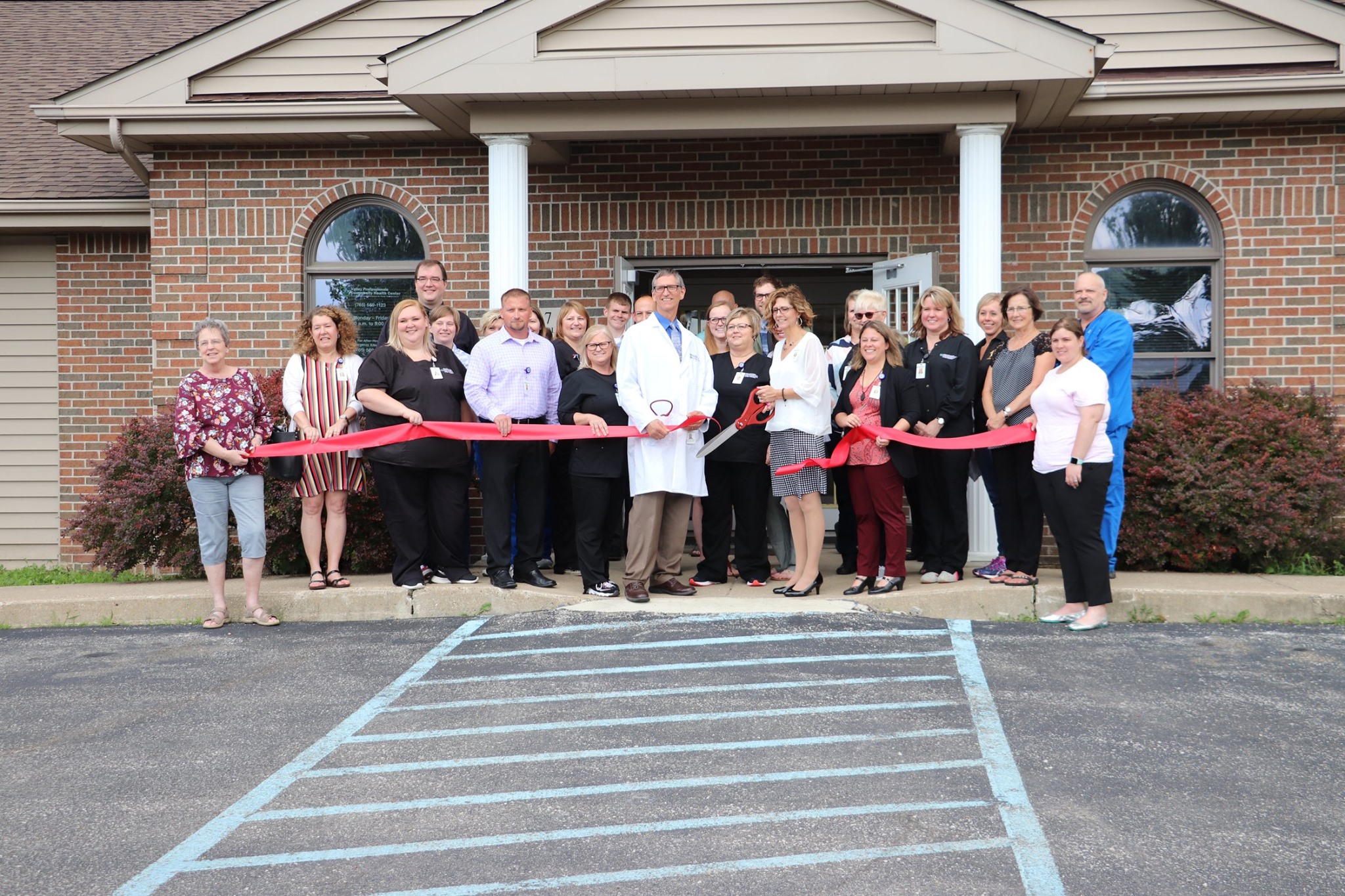Mental illness. A frightening term for many and can make us feel quite alone if our mental health is suffering. Why is it that no one blinks an eye if we have a broken bone or a serious physical illness, and in fact, are there to help give immediate and ongoing care, yet if a person is struggling with a mental health condition, we don’t get the same level of support? How did it happen that having an illness like depression or anxiety makes us feel less than, alone, and fearful? Well, mostly, I think, because the unknown can feel scary, and when something is scary, we run away, we fear it, and often speak negatively about it.
So how do we correct this?
There are many steps that each of us can take to change how the public views mental illness. NAMI (the National Alliance on Mental Illness) lists several ways one can help. First, talk about it. Don’t avoid conversation around the topic – normalize it. If you don’t know much about it, educate yourself. Chances are either you or someone you know has suffered from some form of a mental health crisis at one point or has ongoing challenges, so it’s worth understanding more about what’s going on. When you are talking about it, make sure you are aware of the language you are using, and don’t allow others to be cruel, either. Too often we make or ignore comments that can be hurtful without even being conscious of it. If you see or hear something, say something.
NAMI also speaks of recognizing that our physical and mental illnesses are equally related in that they both stem from the brain. One is just physical and the other emotional. People don’t think about shaming someone for having a heart condition, so why would we do so for someone struggling with depression? Being compassionate towards others, no matter what they are suffering from, will lead to people being willing to share about their mental illness, rather than covering it up. It’s okay to let someone know you are hurting, and when you do, this can lead to getting the help and support needed to address your pain.
Most importantly, don’t put yourself down if you are experiencing mental illness. Recognize that you are not your mental illness, you are a person who happens to have a mental illness. Speak kindly of yourself to yourself and others, and let others know when they are not being supportive. Let others know how they can help rather than expecting that they will already know (even if you think they should.) We are much more likely to get what we need when we are clear and specific about it.
Things are getting better. There is much more awareness about trying to de-stigmatize mental illness than ever before. If we can all continue to be aware and work to amend it, we will end the stigma.
By: Sara Ritter, LCSW, LCAC






















